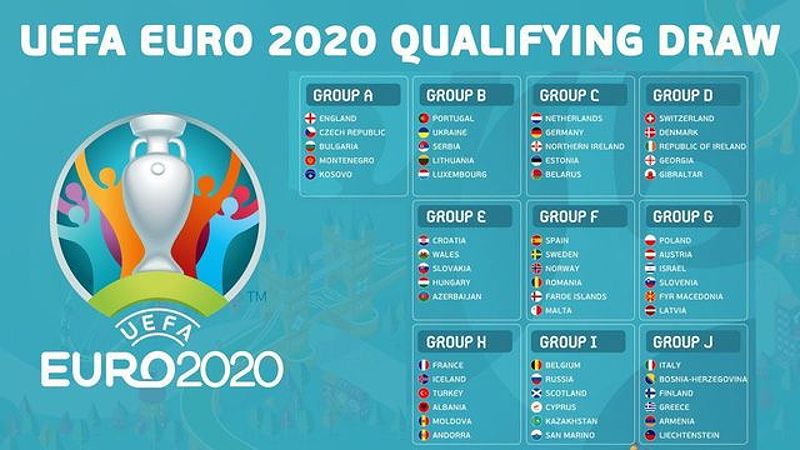The UEFA European Championship’s history reveals a surprising fact: two teams, Germany and Spain, have each won three titles, a feat unmatched by any other nation. This parity highlights the fluctuating nature of international football dominance and the unpredictable challenges inherent in the competition. Understanding their respective paths to victory offers a nuanced perspective on the factors contributing to success.
Germany’s Reign: Three Euro Cup Victories
Germany stands as a titan in European football, with three Euro Cup victories to its name. Their championship wins occurred in 1972, 1980, and 1996, showcasing the nation’s prowess on the international stage.
Key Players and Tactical Approaches in Each Winning Campaign
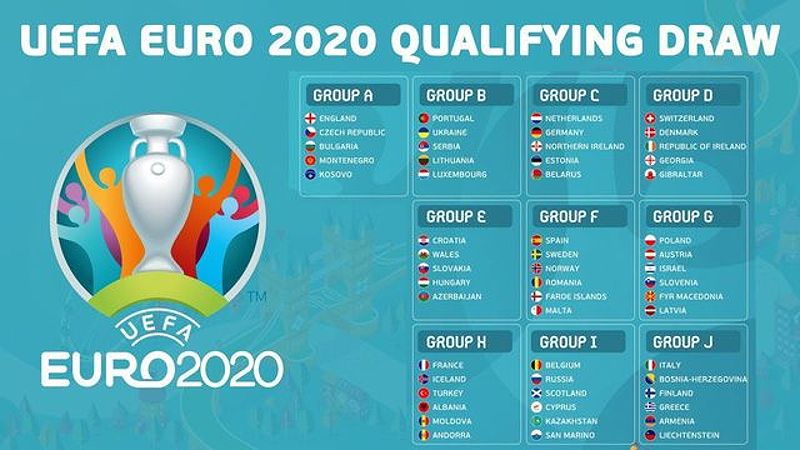
Germany’s first Euro Cup victory in 1972 was marked by a dominant performance against the Soviet Union, where they won 3-0 in the final held in Belgium. This triumph set the tone for Germany’s reputation for strength and consistency in subsequent tournaments.
In 1980, Germany secured their second title, defeating Belgium 2-1 in the final in Italy. This victory highlighted their tactical flexibility and ability to perform under pressure.
The 1996 Euro Cup was particularly memorable for Germany, as they faced England in a dramatic semi-final that ended in penalties. They overcame their rivals and triumphed 2-1 against the Czech Republic in the final, held on English soil. This win solidified Germany’s status as a football powerhouse.
Analysis of Germany’s Consistent Performance and Strengths
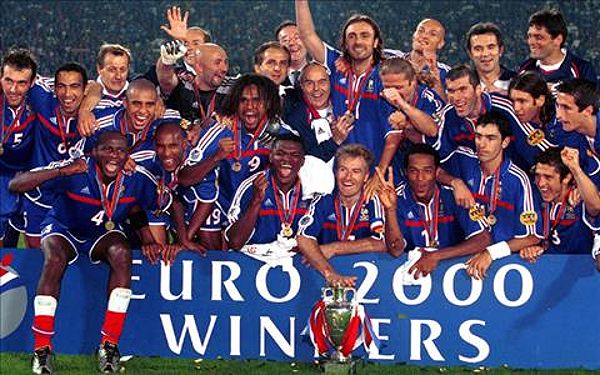
Germany’s success in the Euro Cup can be attributed to several factors. Their defensive solidity, combined with clinical finishing, has been a hallmark of their style. Players like Franz Beckenbauer, Gerd Müller, and Lothar Matthäus exemplify the talent that has driven the national team’s achievements.
Germany’s tactical acumen often revolves around disciplined organization and a strong emphasis on set pieces and counter-attacks. This approach has allowed them to consistently reach the later stages of the tournament, making them one of the most formidable teams in Euro Cup history.
This consistent success is partly attributable to Germany’s robust youth development system, which consistently produces top-tier talent. The emphasis on tactical discipline, instilled from a young age, is a key factor in their consistent performance. Furthermore, the managerial appointments often prioritize experience and tactical flexibility, allowing for adaptation to different opponents and tournament pressures. For example, Joachim Löw’s tenure showcased a blend of attacking flair and defensive solidity, building on the foundations laid by previous managers like Jürgen Klinsmann.
Spain’s Dominance: The Tiki-Taka Era
Spain has also carved its name into the annals of Euro Cup history, matching Germany’s record with three championships won in 1964, 2008, and 2012.
The Tiki-Taka Playing Style and Its Impact on Success
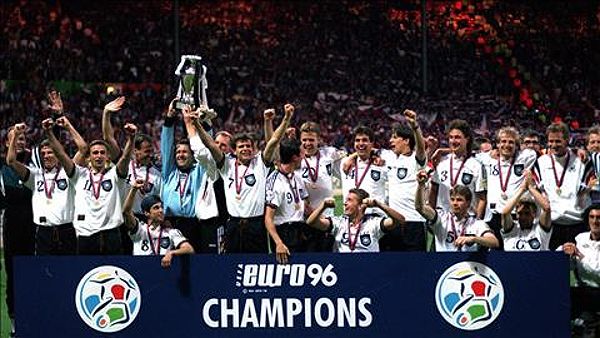
Spain’s first Euro Cup victory came in 1964 when they defeated the Soviet Union 2-1 in the final on home soil. This win laid the foundation for what would become a golden era for Spanish football.
The most significant period of dominance for Spain was from 2008 to 2012, characterized by their “tiki-taka” playing style. This approach emphasizes possession and intricate passing, allowing teams to control the tempo of matches. Key players from this golden generation, including Xavi, Andrés Iniesta, and Sergio Ramos, were instrumental in Spain’s back-to-back championships in 2008 and 2012.
Evolution of Spanish Football and Its Influence on the Game
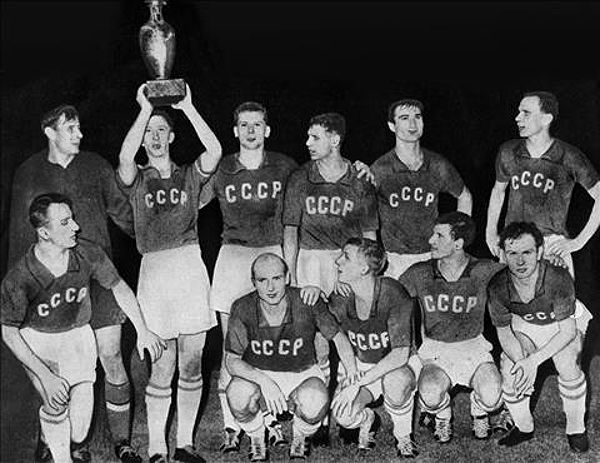
Spain’s evolution as a footballing nation has had profound implications not only for their success but also for the broader landscape of international football. The tiki-taka style revolutionized how teams approach possession, pressing, and tactical flexibility, influencing other nations to adapt similar strategies.
However, the influence of tiki-taka extended far beyond Spain’s victories. Many national teams attempted to emulate the style, leading to a period of increased emphasis on possession-based football across Europe. However, the style’s vulnerability to high-pressing, counter-attacking teams was also exposed, as seen in some of Spain’s later tournament performances. The success of teams like Italy in 2012, who countered Spain’s possession with a highly disciplined defensive structure, demonstrated the limitations of tiki-taka when facing a well-organized opponent.
Spain’s ability to maintain ball control and create scoring opportunities from fluid passing sequences has made them a formidable opponent. Their dominance during this era showcased the effectiveness of a technical and possession-oriented game.
Other Notable Winners: France and Italy
While Germany and Spain have been the standout teams in Euro Cup history, other nations have also made their mark, with France and Italy each winning the tournament twice.
France’s Euro Cup Victories: A Legacy of Flair and Attacking Prowess
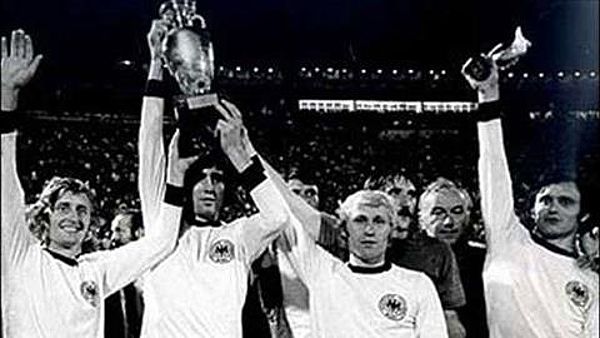
France clinched their first Euro Cup in 1984, demonstrating their attacking flair by overcoming Spain 2-0 in the final. The tournament was particularly notable for Michel Platini, who played a pivotal role in guiding the French team to victory, scoring nine goals throughout the tournament.
Their second triumph came in 2000 when France defeated Italy in a dramatic final, showcasing their resilience and ability to perform in high-pressure situations. These victories have solidified France’s reputation as one of the premier footballing nations in Europe.
Italy’s Defensive Strength and Tactical Discipline
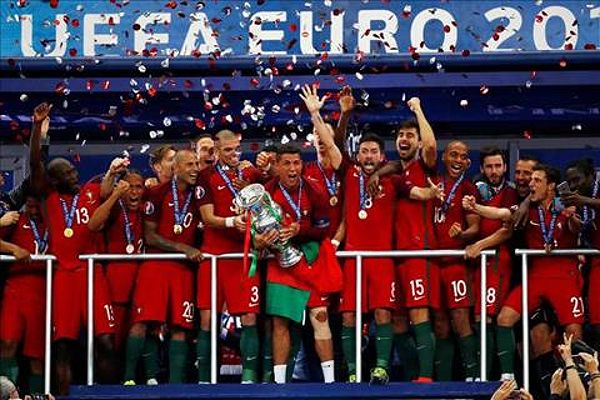
Italy has also enjoyed success in the Euro Cup, winning in 1968 and 2012. Their first title came against Yugoslavia in a two-legged final, showcasing their tactical discipline and defensive strength.
Italy’s 2012 victory was particularly significant, as they faced Spain, who were in the midst of their golden era. Despite their defensive prowess, Italy was overwhelmed by Spain’s tiki-taka style, losing 4-0 in a final that highlighted the contrasting approaches of the two nations.
Underdog Stories: Greece and Denmark
The Euro Cup has also featured unexpected triumphs, with Greece and Denmark emerging as underdog champions.
Greece’s 2004 Triumph Against the Odds
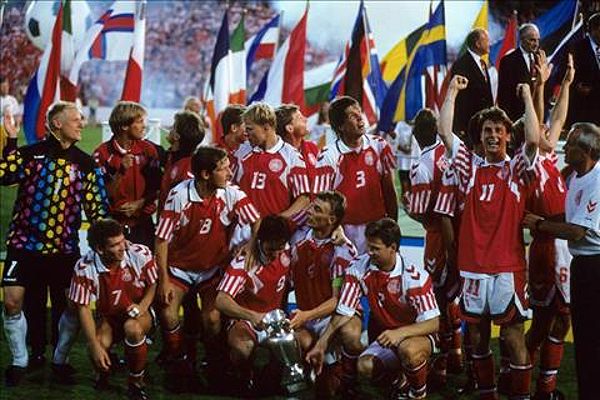
Greece’s victory in 2004 is one of the most remarkable stories in the tournament’s history. Under the management of Otto Rehhagel, the Greek team displayed remarkable resilience and tactical discipline. They stunned the football world by defeating host nation Portugal 1-0 in the final, despite being considered outsiders from the start of the tournament.
Greece’s journey to the title was characterized by a strong defensive strategy and the ability to capitalize on set pieces. Their triumph remains a testament to the unpredictable nature of the Euro Cup.
Denmark’s Cinderella Story in 1992
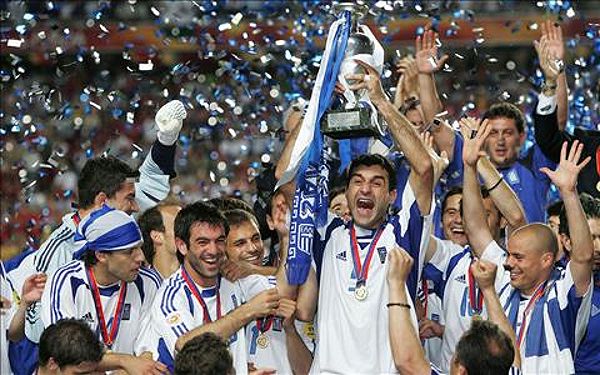
Denmark’s victory in 1992 is another captivating underdog story. Initially not qualifying for the tournament, they were called up to replace Yugoslavia, who withdrew due to political unrest. Denmark seized the opportunity and went on to win the championship, defeating Germany 2-0 in the final.
This victory highlighted the importance of teamwork and seizing opportunities, showcasing that success in football can come from unexpected circumstances.
Statistical Analysis: Unveiling the Numbers
To understand the dominance of Germany, Spain, and other Euro Cup champions, a detailed statistical analysis is essential. By examining key performance indicators, we can uncover the factors contributing to their success.
Key Performance Indicators (KPIs): A Data-Driven Approach
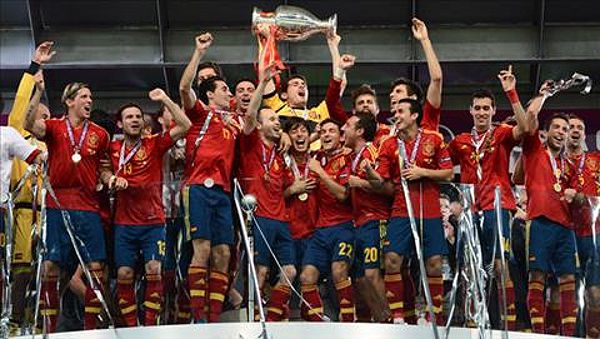
Statistical data reveals the consistent performances of Germany and Spain. Germany has netted a remarkable 78 goals across their Euro Cup campaigns, making them the highest-scoring nation in the tournament’s history. In contrast, Spain boasts a formidable defensive record, having conceded only 55 goals throughout their matches.
Analyzing Correlations Between Performance and Success
The analysis of these performance indicators suggests that a combination of offensive potency, defensive solidity, and tactical flexibility are crucial for success in the Euro Cup. Teams that consistently create scoring opportunities while minimizing defensive lapses tend to perform better in the tournament.
Data visualization, such as charts and graphs, can enhance the understanding of these statistics and make it easier to comprehend the factors that contribute to success.
The Evolution of the Euro Cup: A Historical Perspective
The Euro Cup has experienced significant changes since its inception in 1960, evolving from a modest four-team tournament to a prestigious global event featuring 24 teams.
From Humble Beginnings to Global Spectacle
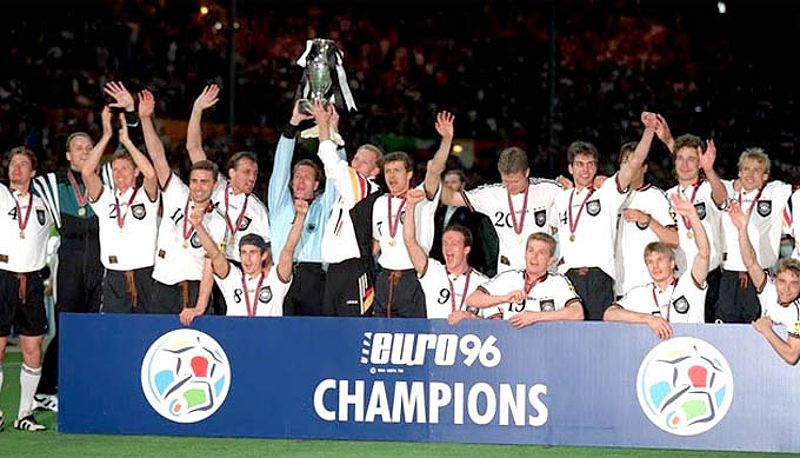
The early editions of the Euro Cup were dominated by teams like the Soviet Union and Czechoslovakia, who claimed the first two titles in 1960 and 1976, respectively. Over the years, the tournament has undergone numerous changes in format, rules, and structure, reflecting the growth and development of European football.
The Impact of the Euro Cup on European Football
The Euro Cup’s influence extends beyond the tournament itself, affecting national team strategies, player development, and the sport’s overall popularity. The success of dominant teams like Germany and Spain has set benchmarks for other nations, inspiring them to invest in their national team programs and strive for excellence.
Future Predictions: Who Will Be the Next Euro Champions?
As the Euro Cup continues to evolve, the question of who will be the next champion remains captivating. Analyzing current contenders and the factors that have influenced past victories can provide insights into potential future winners.
Current Contenders for the Euro Cup
Based on recent performance, player talent, and overall potential, leading contenders for the next Euro Cup include Germany, France, England, and the reigning champions, Spain. These teams have consistently demonstrated the ability to perform at the highest level and possess the depth and tactical flexibility necessary to navigate the competitive landscape of the tournament.
The rise of new footballing powerhouses, like Portugal and Belgium, who have consistently performed well in recent major tournaments, poses a significant challenge to traditional giants. The increased competitiveness in international football, fueled by the globalization of the sport and improved infrastructure in several nations, makes predicting future winners more difficult. Furthermore, the tactical innovations seen in recent years, such as the use of advanced analytics and specialized training techniques, are also transforming the game, making it harder to identify a clear favorite.
Factors Influencing Future Predictions
The outcomes of future Euro Cups will depend on several factors, including player development, tactical innovation, and team cohesion. The ability of teams to adapt to the evolving demands of international football while maintaining a strong team spirit will be crucial in determining the next champions.
Conclusion
In summary, the question of “Which team has won the most Euro championships?” leads us to Germany and Spain, each with three titles, reflecting their consistent performance, tactical flexibility, and strong team spirit. While other nations have achieved surprising victories, these two teams have established themselves as the most successful in the tournament’s history.
The unpredictable nature of the Euro Cup, as evidenced by the stories of underdogs like Greece and Denmark, adds depth to the competition’s narrative. As we look ahead to future tournaments, the legacies of past champions and the potential for new narratives will continue to captivate football enthusiasts around the world.
Understanding the dynamic landscape of European football, including the influence of past strategies and emerging trends, is essential for appreciating the evolution of the Euro Cup and anticipating future champions.

